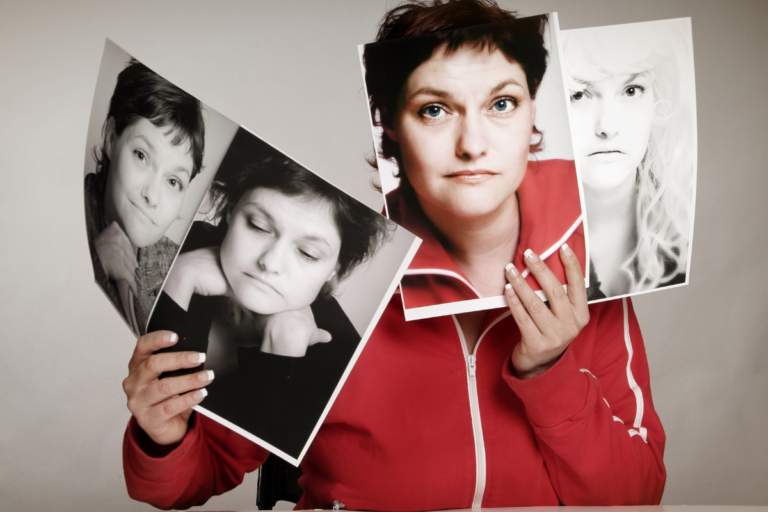Bipolar Disorder
At Animo Sano Psychiatry, we specialize in the diagnosis and treatment of Bipolar Disorder, a complex mental health condition characterized by extreme shifts in mood, energy, and behavior that can make daily functioning challenging. However, with the right treatment, bipolar disorder can be effectively managed, helping individuals maintain a balanced and fulfilling life. Care is available through both in-person and telehealth visits to suit your needs.
What is Bipolar Disorder?
Bipolar Disorder is a mental health condition that causes dramatic shifts in mood, energy levels, and behavior. These shifts can include episodes of mania or hypomania (high energy, elevated mood) and depression (low energy, feelings of hopelessness). Bipolar disorder is not just a series of mood swings—it can severely impact a person’s ability to function in daily life. There are two main types: Bipolar I (more severe mania) and Bipolar II (hypomania and depression).
Bipolar I Disorder is characterized by manic episodes lasting at least seven days or requiring immediate hospitalization, often followed by depressive episodes. Bipolar II Disorder involves less intense hypomanic episodes and depressive episodes but no full-blown manic phases. Both types require a specialized approach to address their varied symptoms. Proper diagnosis and treatment are essential to managing the condition and improving quality of life.
Symptoms of Bipolar Disorder
What Causes Bipolar Disorder?

Genetics
Family history plays a significant role in the development of bipolar disorder.

Brain Structure and Chemistry
Imbalances in neurotransmitters such as serotonin, norepinephrine, and dopamine.

Environmental Stressors
Major life changes, trauma, or prolonged stress can trigger episodes.

Substance Use
Alcohol or drug misuse can worsen or trigger bipolar episodes.
How Animo Sano Psychiatry Treats Bipolar Disorder
Evaluation & Diagnosis: We provide thorough assessments to identify the specific type of bipolar disorder and any co-occurring conditions.
Personalized Treatment Plan: After diagnosis, our team creates a tailored plan combining medication, therapy, and lifestyle modifications.
Medication Management: Mood stabilizers, antipsychotics, and sometimes antidepressants are prescribed to balance mood swings and prevent future episodes.
Therapy: Psychoeducation is one form of therapy that can help patients and families understand their condition and recognize when they’re entering a manic or depressive state. Cognitive Behavioral Therapy (CBT) aims to help identify patterns of thinking so patients can manage symptoms.
Other Conditions We Treat
We specialize in treating a variety of behavioral health conditions, including but not limited to:
Anxiety
OCD
ADHD
Depression
Trauma and PSDT
Sleep Disorders
Frequently Asked Questions
Have questions? We have answers. Browse through our FAQ section to learn more about our psychiatry and behavioral health services, your first visit, and what to expect.
Advice and Insights from Animo Sano Psychiatry
Do you want to Contact Us?
Start Your Treatment Journey Today
At Animo Sano Psychiatry, we provide comprehensive, evidence-based treatment for Bipolar Disorder, helping patients achieve long-term stability and a higher quality of life. Our team is ready to support you every step of the way.




